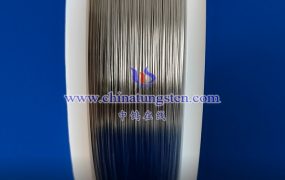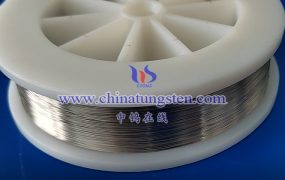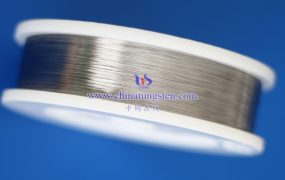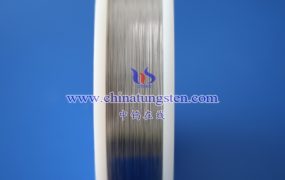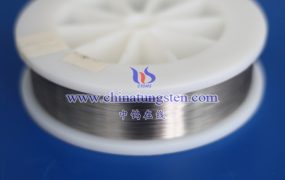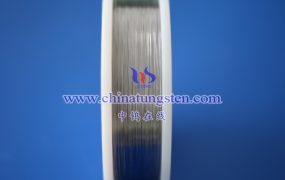The application of cut-resistant tungsten wire in medical devices is very extensive, mainly due to its high melting point, high strength, good corrosion resistance and biocompatibility. The following are the specific applications of cut-resistant tungsten wire in medical devices:
- Surgical robots and micro-mechanical wire ropes
Micro-mechanical wire ropes: Ultrafine tungsten wire has become the preferred material for making micro-mechanical wire ropes used in modern surgical robots. These wire ropes have excellent fatigue resistance, tensile strength and flexibility, which can drive the skeletal muscle movement of surgeons, reduce the burden on doctors, and improve surgical accuracy and success rate. In addition, tungsten wire ropes have a long service life and high long-term cost-effectiveness, reducing the need for maintenance and replacement.
Drive system: The excellent performance of tungsten wire ropes enables surgical robots to complete various complex surgical operations more accurately and stably, such as driving the movement of human arms, elbows and wrists, and achieving delicate suturing, cutting and grasping.

- Medical imaging equipment
X-ray tubes: In medical imaging equipment, such as CT scanners and X-ray machines, tungsten targets are often used as anode materials for X-ray tubes. With its high melting point and thermal stability, tungsten targets can collide with electrons at high speed under high voltage to produce high-quality X-rays, which are used to penetrate the human body and form clear images, thereby helping doctors make accurate medical diagnoses.
- In vivo biomedical devices
Embolytic materials: Tungsten wire coils can be used to embolize certain patients with specific diseases, such as cerebral aneurysms, parapulmonary collaterals, venous collaterals, and tumors. By blocking these abnormal blood vessels, tungsten wire coils can reduce or prevent blood supply, thereby controlling the progression of the disease.
Implantable stents: In cardiovascular medicine, alloys containing tungsten (such as L605 cobalt-chromium alloy) can be used to make permanent implantable bare metal stents. These stents can restore luminal patency in patients with lesions, improve blood flow, and reduce the risk of restenosis.
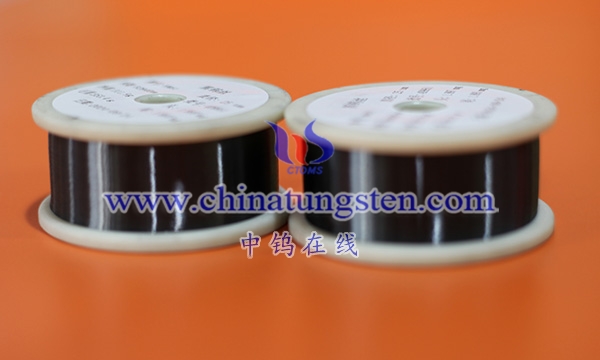
Dental restoration and plastic surgery: Tungsten and its alloys are also used in dental restoration and plastic surgery. For example, the tungsten component in cobalt-chromium alloy helps to improve the hardness and corrosion resistance of the material, which is suitable for making dental restorations and orthopedic devices.
- Biocompatibility
Although tungsten is widely used in the medical field, its toxicological characteristics need further study. However, existing studies have shown that tungsten and its alloys show good biocompatibility under appropriate application conditions and have no significant toxicity or irritation to human tissue.
More details of tungsten wires, please visit website: http://tungsten.com.cn/tungsten-wires.html
Please contact CHINATUNGSTEN for inquiry and order of tungsten needles:
Email: sales@chinatungsten.com
Tel.: +86 592 5129595
